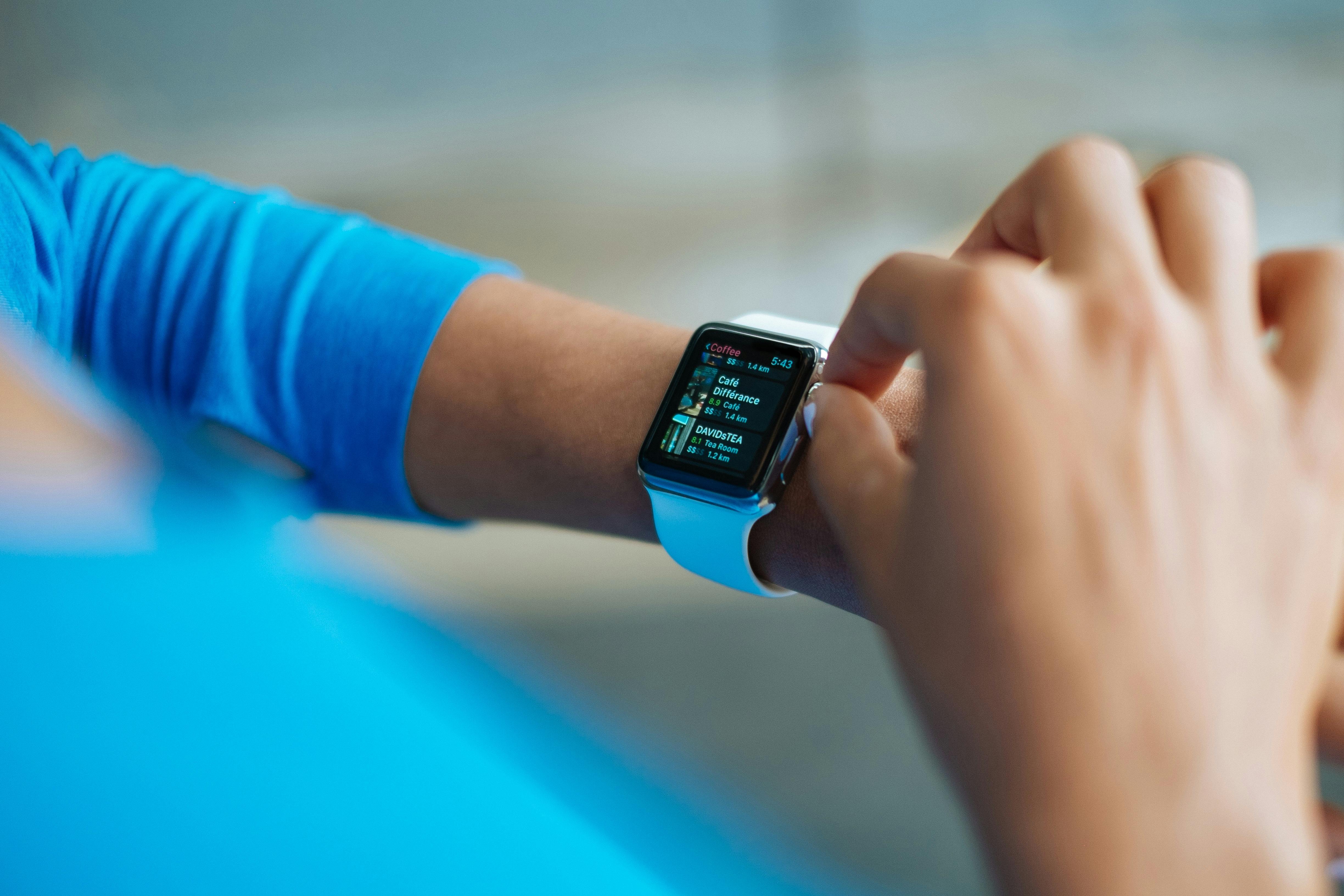Insight
Data Rich, Direction Poor

We’ve never had more ways to monitor ourselves — and never felt more unsure about what it all means. As our culture leans harder into optimization, a quieter unease is setting in: the feedback never stops, and the goalposts keep moving.
Wearable tech is the most literal, and most personal, expression of that tension. Smart rings, glucose trackers, and biometric sensors now promise to optimize everything from sleep to stress. But for many, they’ve become less about insight and more about pressure to optimize. According to Rock Health, 44% of Americans now wear these devices.
That promise of clarity, control, and insight is what makes wearables so compelling. Passive data collection offers the potential to catch potential issues early, arm consumers with data, and help them build a deeper understanding of their health. The ability to know what’s happening inside your body, on your own terms, feels like a form of personal agency.
But alongside this promise, a cultural tension is emerging. For many, the same tech designed to create peace of mind is producing the opposite. In a recent New York Times feature, users of wearable tech described compulsive behavior, obsessive monitoring, and even sleep disturbances caused by fear of receiving a “bad score” overnight. One woman said, “This thing is literally destroying my mind,” referring to her Oura ring’s daily readiness report.
Behavioral research supports this reaction. As people gain more biometric insight, they often experience rising emotional conflict—a pattern linked to what researchers call the “privacy paradox,” where more data does not necessarily lead to more comfort. Studies on self-tracking describe how constant measurement can amplify anxiety or self-criticism, especially when individuals struggle to interpret fluctuations or live up to their own metrics. And UX research from the BBC finds that wearables, while promising personalized feedback, often increase stress when they surface signals users can’t contextualize or control. The result is a dissonance many users are feeling but struggling to name: the more intimately we monitor ourselves, the less peace of mind we may feel.
This contradiction sits at the heart of Ubiquitous Wellness, one of the cultural themes we’ve been tracking since 2022. What started as a movement toward greater agency, self-awareness, and holistic care has shifted toward hyper-vigilance. The core desire remains the same: to feel better and to protect the body and mind. But we’re now seeing the emotional toll of constant optimization. Consumers turned to tracking as a form of control, only to find that control doesn’t always deliver peace of mind.
Instead of doubling down on more data, a new wave of startups is building tools that ease the pressure to constantly interpret it. Somnee reframes sleep as sanctuary, offering “offline-first” tools that help people tune out, not just track. Friend, an AI-powered necklace, speaks in plain language instead of biometrics, offering emotional check-ins rather than data dumps. And Junction is building connective tissue between wearables and healthcare systems, turning raw scores into actionable next steps.
What consumers need now isn’t more scores, but a clearer path forward. That’s the real shift: from diagnostics to direction. Because the deeper truth remains. That is, the more we quantify, the more we crave translation. And the breakout brands will be the ones that help us close that gap.
More
News
Brand Identity Crisis? Apply for 25k for 2026News
Bullish on Cob Foods, our latest investmentInsights
Pioneers Mid-Year Sentiments 2025Insights
2025 Bullish Consumer/LP Summit HighlightsNews
Mike Duda featured in Beauty IndependentInsights
The Postzempic EconomySign up for the latest consumer insights and news
Most Dangerous Agency in America™
©2025